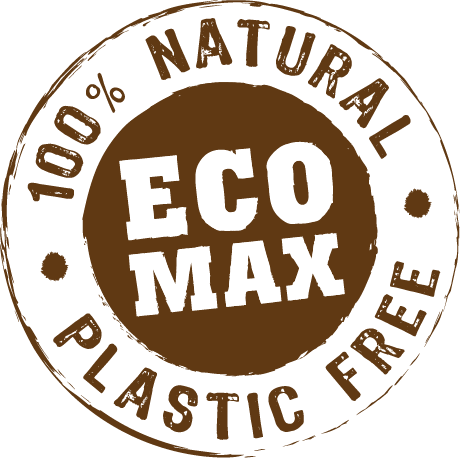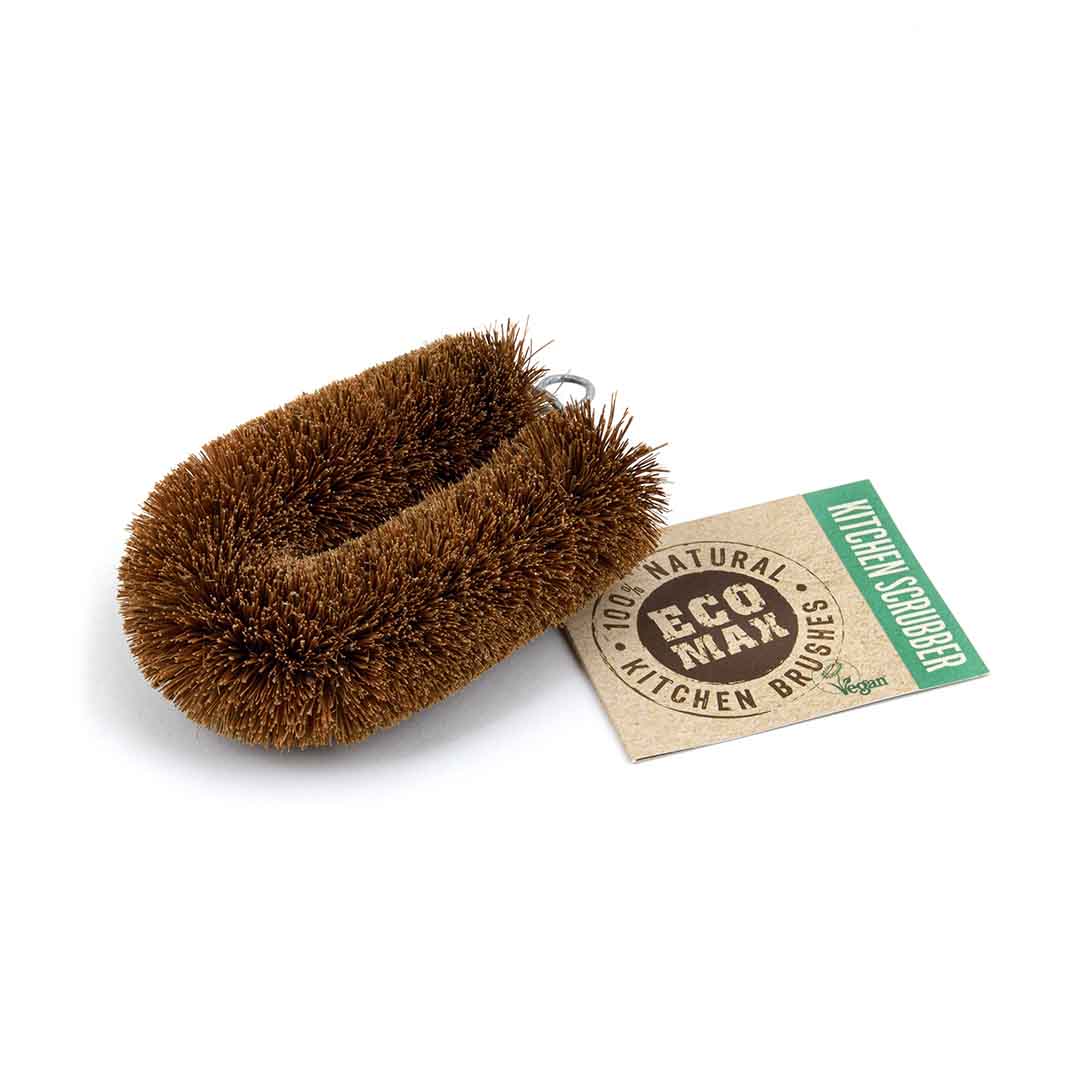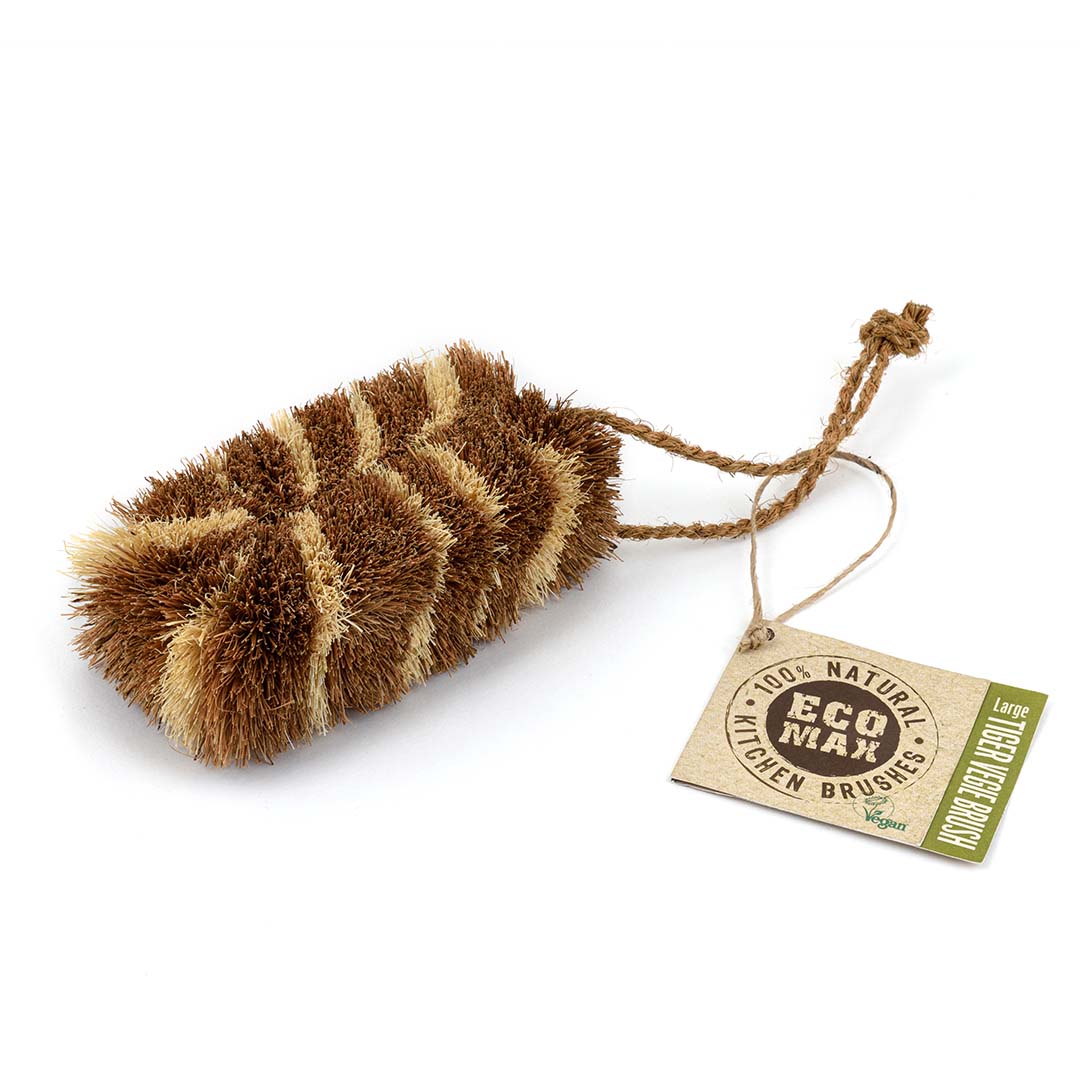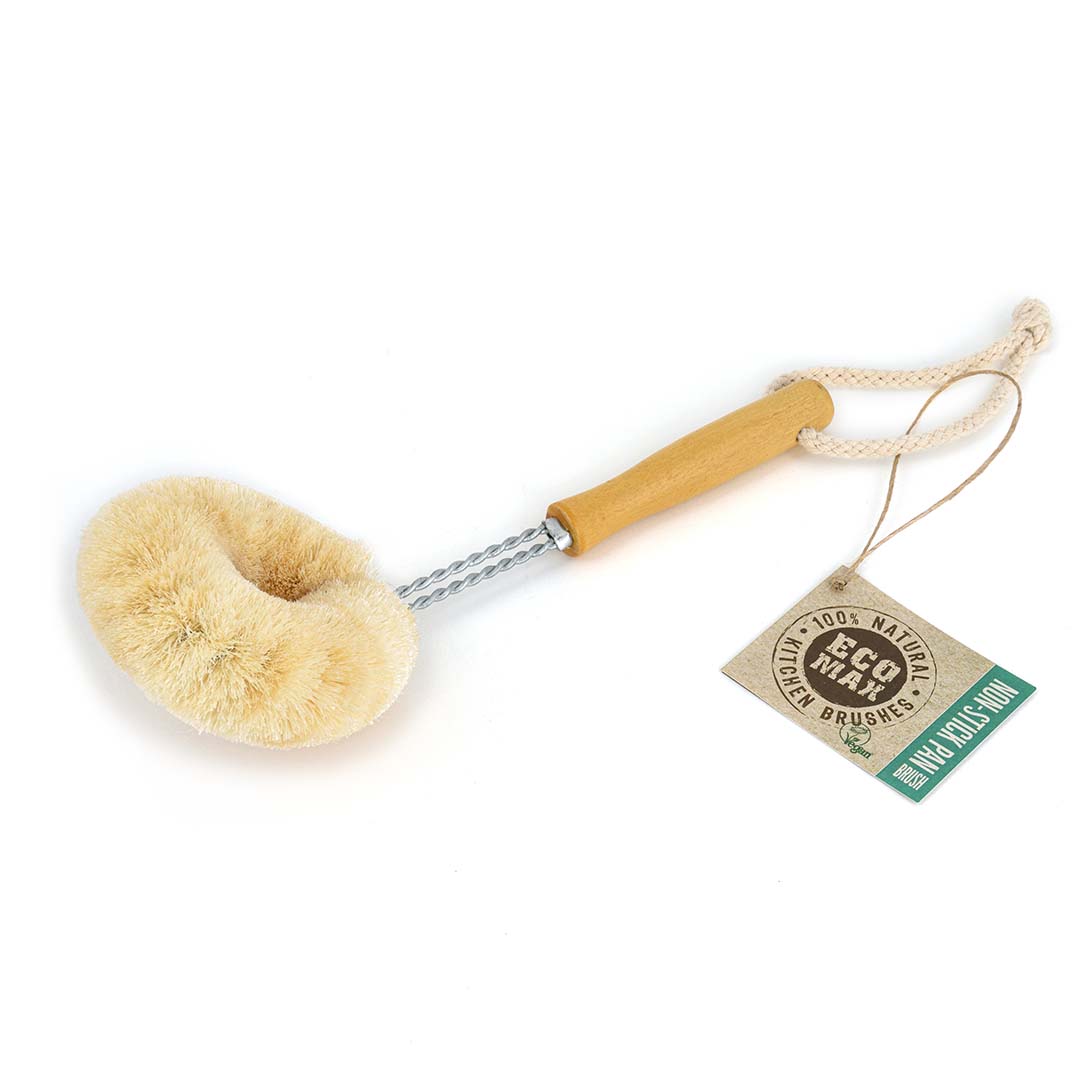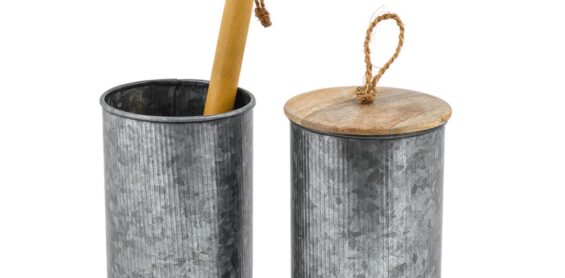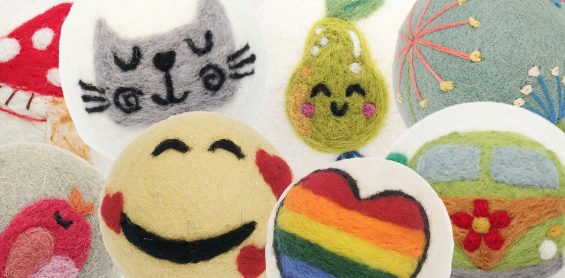Eco Max Kitchen Brushes FAQ
Over the years we have had the pleasure of answering your questions about our Eco Max Brushes. As we love our brushes and the women who make them we love being able to talk to you about them.
We have answered questions from both our Retailers and our many users – people like us that are passionate about making changes in their life towards less plastic and a more ethical and sustainable world.
Then one of our retailers asked why don’t we have a “Most Frequently Asked Questions” on our website and we though Yes! Why don’t we?
To make it easier for you to find the answers to your questions we have grouped them under headings. We have also given a short answer, an extended answer and for those that want even more information we have provided links where available.
So here they are, our “Most Frequently Asked Questions” as asked by you. But if you do have more questions please ask us, we still want to keep talking to you 😊
Life Expectancy
Q. How long will my Eco Max Kitchen Brushes last?
A. A LONG TIME! Our conservative estimate is that your Eco Max Kitchen Scrubber used every day will keep going strong for 6 months or more. Some customers tell us they have used them for up to a year. Mine lasts me about 8 months before I then use it to clean the BBQ, how long does yours last?
NB The question below is in Life Expectancy because this is one of the reasons our Eco Max Brushes last so long and one of the most frequent reasons for throwing out the green nylon scourer after only one use!
Q. Will my brush get greasy?
A. NO Coconut fibre has the ability to absorb the grease and oils from your dirty dishes, pots and pans, rather than congealing on the surface, thus avoiding transfer of grease to other dishes as you wash up. The oil is then rinsed out in the warm water of your sink as you wash up, meaning your Eco Max brush never feels greasy or is smelly. More info?
Q. Why does coconut last so long?
A. COCONUT IS A COMPLEX ORGANIC POLYMER. Coconut fibre has a very high content of lignin, a class of complex organic polymers that are rigid and do not easily rot. So why use a synthetic polymer like plastic when we have a natural organic one in coconut fibre.
Cleaning
Q. Do I need to wash my kitchen brushes?
A. NO Coconut fibre is naturally antibacterial and anti-fungal so unlike many sponges and the green nylon scourer, no chemicals have been added to make it antibacterial. The twisted design of the fibres enables debris to be easily rinsed from the brush so that it stays clean. You can however put brushes without a timber handle in the dishwasher if you wish to clean them further.
Q. Will my dish brush get smelly?
A. NO Coconut fibre is anti-bacterial and resistant to fungus and mould, so will not produce any odours. We do recommend placing your brush in a position to allow draining when not in use.
Q. Can my Eco Max Brushes go in the dishwasher?
A. YES Any brush without a timber handle can be put in the dishwasher. That means your Eco Max Kitchen Scrubber, Bottle Brushes and Tiger Vegie brushes are dishwasher safe. Any timber item should not be put in the dishwasher. The high heat will affect any timber, drying it out and stripping it of its natural oils which causes cracking and warping, so best not to put brushes with wooden handles in the dishwasher.
Chemicals
Q. Are Eco Max Brushes chemically treated to bring them into Australia and New Zealand?
A. NO Our brushes are classified by Australian quarantine (AQIS) as Highly Manufactured items. This means that neither the natural fibre heads nor the timber handles are sprayed with chemicals or eradiated.
Q. Is the sealant on the timber safe?
A. YES The sealant we use is a water based sealant which is the same sealant as used on children’s toys. It is perfectly safe for humans or animals.
Q. Is my Eco Max brush chemically treated to stop it from becoming mouldy?
A. NO Coconut fibre is naturally anti-fungal and antibacterial so it will never get mouldy. No chemicals have been added to the natural fibres unlike many sponges and the green nylon scourer which have chemicals added to them to inhibit moulding. More info?
Biodegradable & Composting
Q. Is my Eco Max brush biodegradable?
A. YES Eco Max brushes will completely biodegrade with only a small piece of galvanised wire to put in your recycling. Eco Max Brushes only use natural vegetable fibres which are all biodegradable. More info?
Q. Can I put my brush in the compost bin?
A. YES All our Eco Max brushes are biodegradable. You can throw them straight in your compost. The natural vegetable fibres and cotton cord will break down quickly, leaving the galvanised wire which can be recycled. The wooden handle will take longer to breakdown in your compost like thicker sticks, but it will break-down over time.
Q. Do I have to take the wire out of the brush before I put it in my compost bin?
A. NO The micro-organisms in your compost bin will eat the vegetable fibre from the wire, they are very efficient at it and love coconut fibre. When you spread your compost you can take out the piece of wire that is left and put it in your recycling bin.
Q. How does my Eco Max brush biodegrade?
A. MICROORGANISMS EAT IT! Throw your coconut fibre brush in the compost bin and the microorganisms will get busy digesting the cellulose in the natural fibres leaving you with lovely mulch for your garden. The Eco Max Kitchen Scrubber takes about 4 months to breakdown leaving a small piece of wire to put into your recycling bin when you spread your compost. The wooden handles will take longer, but like any organic material they will breakdown.
Usage
Q. Will my kitchen brush scratch my pots & pans and kitchen utensils?
A. NO Our natural fibre brushes will not scratch. Coconut fibres are highly recommended for stainless steel, enamelware and cast iron. Unlike the green nylon scourer, our Eco Max Kitchen Scrubber will not leave fine scratches on enamelware or take the patina from your cast iron. If you use non-stick pans we have a softer sisal Non-stick Pan brush which will protect the soft non-stick surface of your pan yet provide a little more scrub than a cloth. More info?
Q. Can I use the brushes on timber boards?
A. YES The fibres in the brushes are ideal as they clean gently between the fibres in your timber boards without tearing the surface. They are more effective at cleaning than a cloth which just wipes across the surface of the board and the green plastic scourer which will scratch and leave small pieces of plastic on your chopping surface.
Certifications
Q. Who made my brush?
A. Our brushes are handmade in Sri Lanka by a small family run company that employs mainly underprivileged local women. All the women receive training and are paid above award wages for their work while following the 10 Fair Trade principles. As a result, they can now afford to keep their children in school, helping lift entire generations out of poverty. More info? I love this question and it is one we should all ask about every product we buy!
Q. Is Import Ants a Fair Trade Business?
A. YES Import Ants is a Fair Trader endorsed by the Fair Trade Association of Australia as having Fair Trade at the core of everything we do. As a Fair Trader we follow the 10 principles of fair trade with both our partners in Sri Lanka and the people we work with and employ here in Australia. Our endorsement by the Fair Trade Association of Australia means you can be assured that our supply chain is ethical and abides by the Fair trade principles. More info?
Q. Are Eco Max Brushes Vegan?
A. YES Our Eco Max Brushes are certified Vegan and proudly display their logo so you can be assured that they have no hidden ingredients, including in the glues and sealants. More info?
Q. Is the wood used on Eco Max Brushes ethically sourced?
A. Yes All of the timber used in our Eco Max Brushes is sourced ethically. Our Rubberwood comes from FSC (Forest Stewardship Council) certified plantations, where the trees are only cut down for timber when they have stopped producing rubber. The Alstonia timber is a fast-growing plantation wood that is used for building in Sri Lanka and where possible we use off-cuts from this industry. More info?
